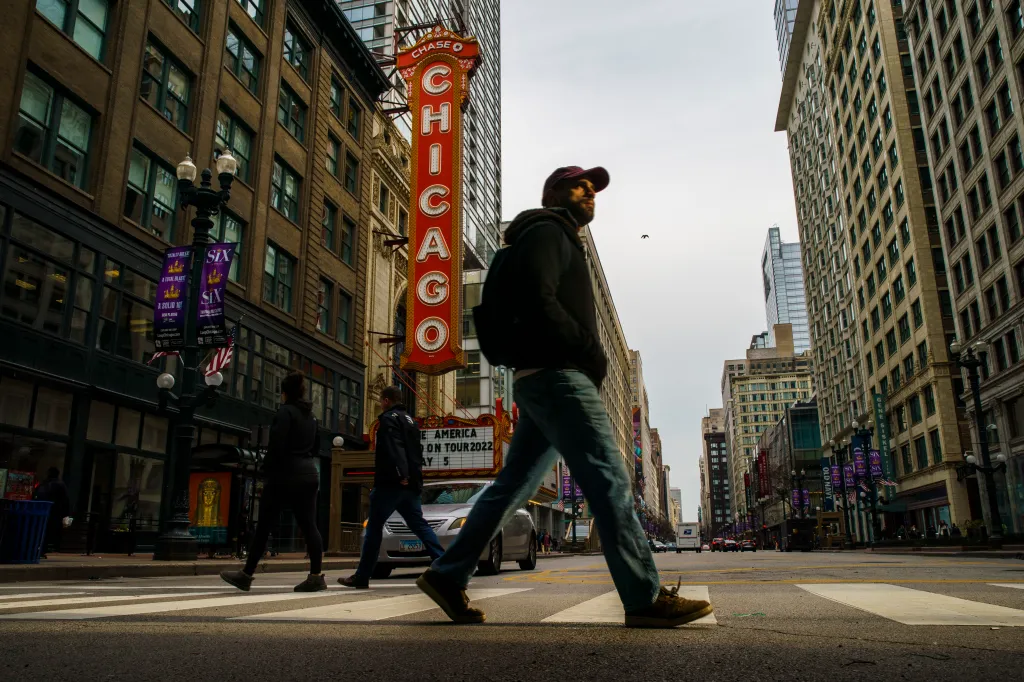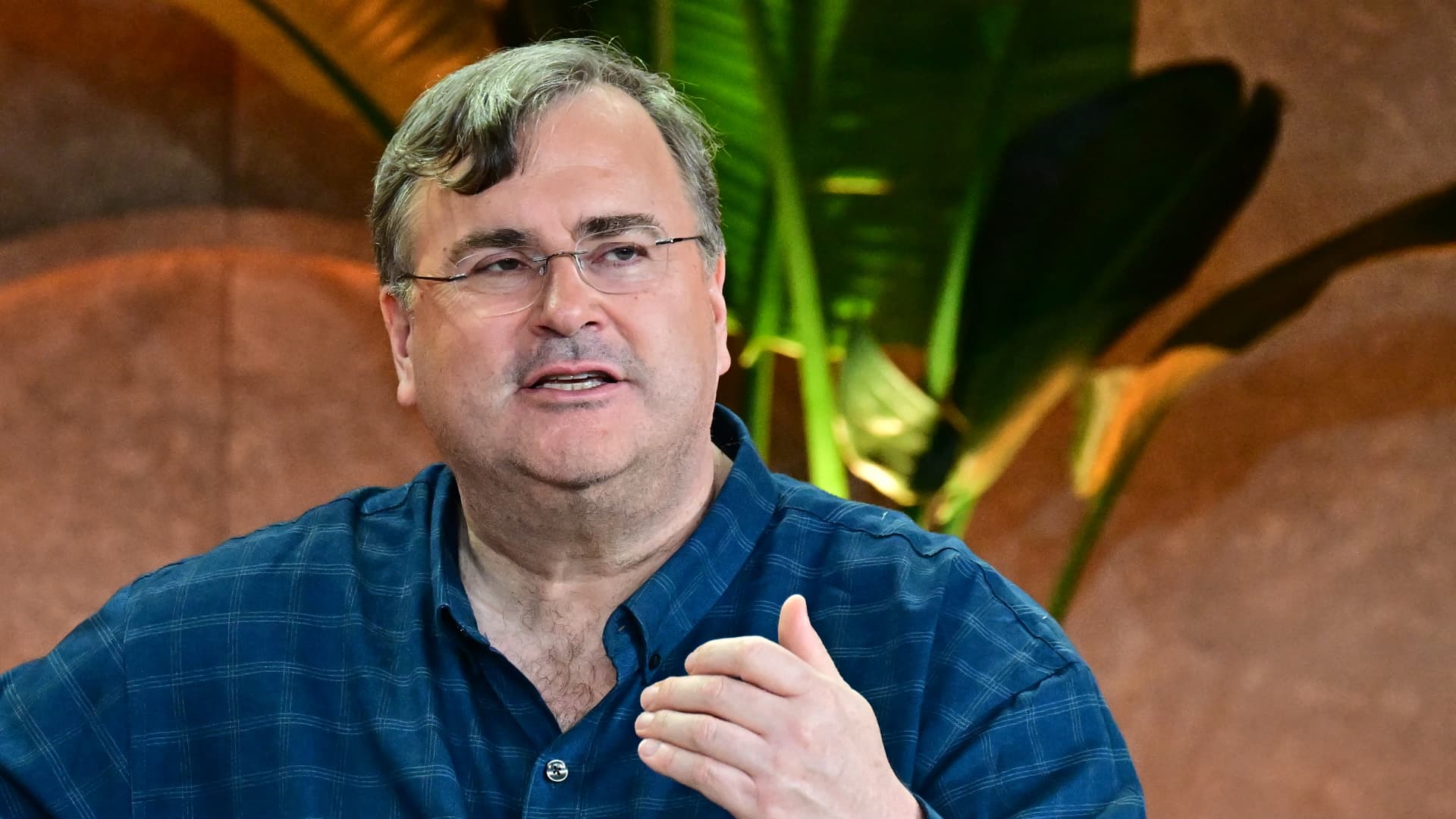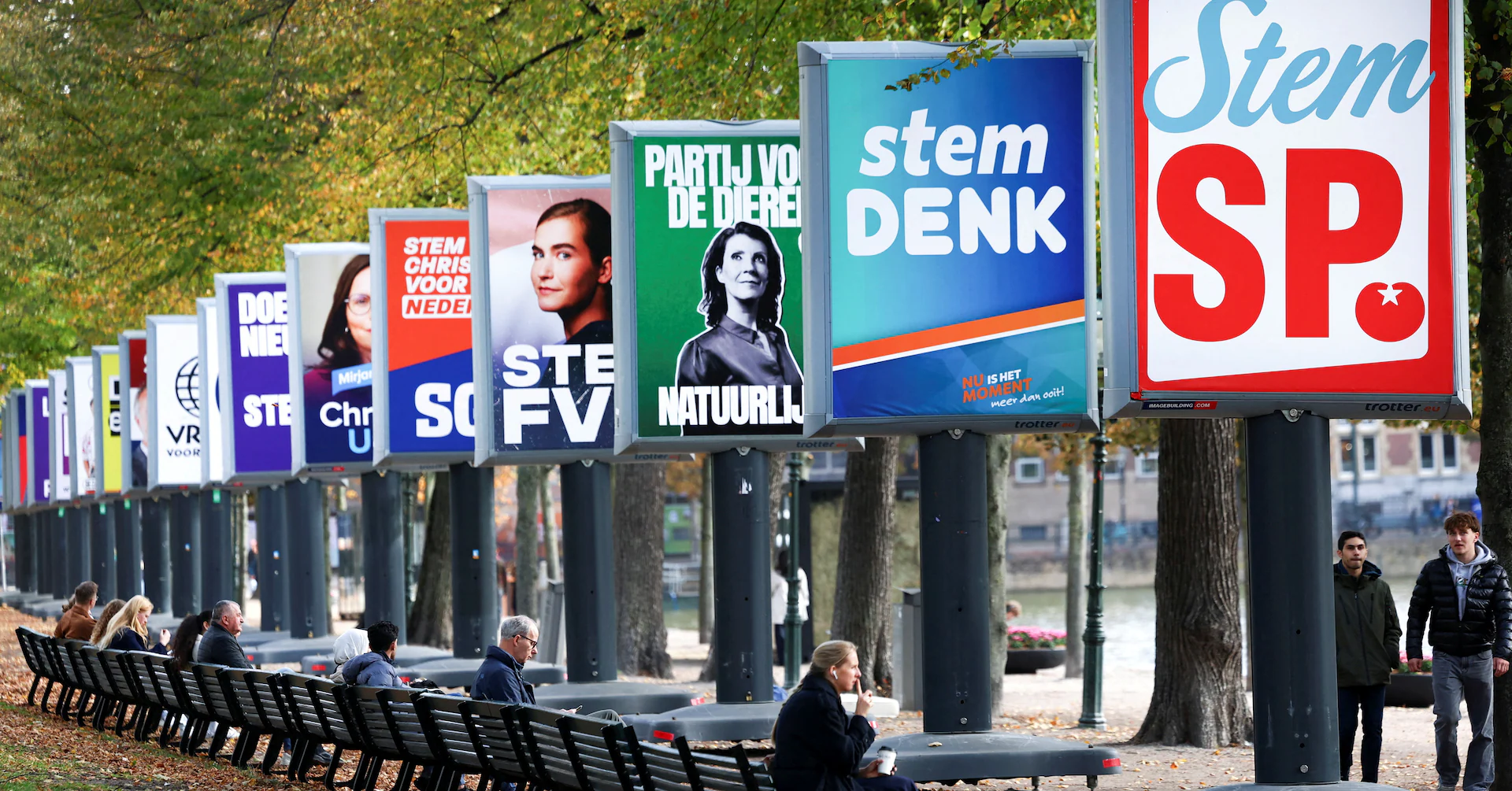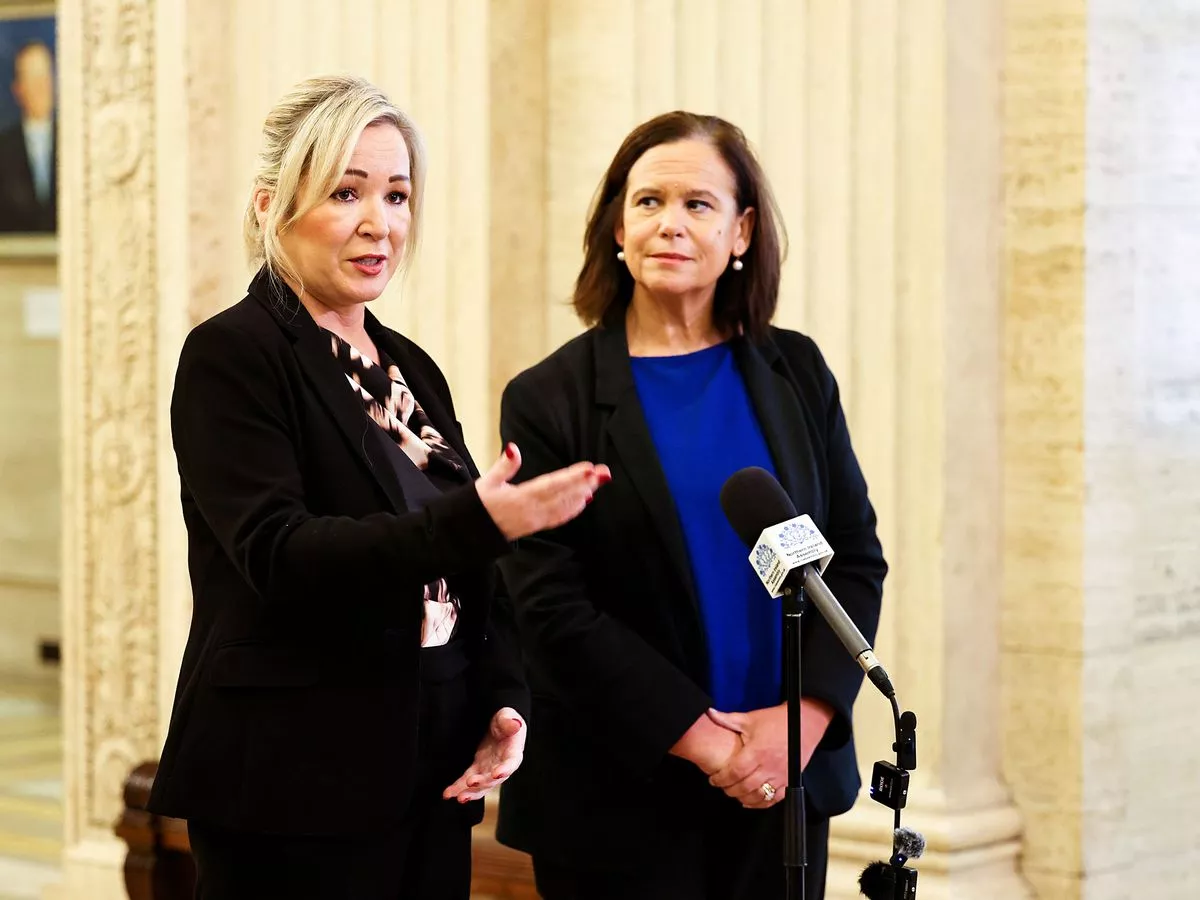Copyright Chicago Tribune

We often hear Illinois leaders speak about making the state a magnet for business, but unfortunately, their policy choices tell a different story. By putting new burdens on the companies that fuel the state’s economy, Illinois policymakers are putting the future of our great state at risk. It could not come at a worse time. In recent years, Chicago has seen a mass exodus of large companies and now is experiencing a 25% vacancy rate in office buildings. Job growth for 2025 ranks 48th in the nation, and Moody’s reported recently that the state has already slipped into recession. The way Illinois’ leaders are turning away from its business community is a deeply troubling break from the past. For nearly 70 years, McDonald’s has been proud to call Illinois home. From our roots in Des Plaines to our move downtown in 2018, we’ve invested in this state and this city because we believe in its potential. More importantly, because we believe in its people. Across Illinois, McDonald’s creates tens of thousands of jobs, partners with local organizations, and provides employees with the opportunity to further their educations and careers. McDonald’s supports more than 67,000 jobs in Illinois and contributes more than $5.2 billion to the state’s gross domestic product. This is a moment to consider new approaches to keep and attract companies, and yet lawmakers are doubling down on the policies and politics that will hamstring our economy. Earlier this year, lawmakers in Springfield passed a $55 billion budget that included a last-minute expansion of corporate taxes aimed squarely at global companies headquartered in Illinois. This measure taxes profits that multinational companies make overseas — profits not earned in Illinois but taxed by the state solely because of the address of a company’s headquarters. Now, the mayor of Chicago is threatening additional taxes in an attempt to plug a billion-dollar budget deficit, most recently a plan called a “head tax,” which would levy more than $250 per employee per year on companies with at least 100 employees. Some have argued that this plan merely reinstates a prior head tax that was eliminated a decade ago. It’s important to remember, though, that the prior tax was $4 per employee per month, and even at that low level, the tax was reversed because of how much it punished the businesses that were successfully creating jobs for the state. The stated justification for these proposals is that multinational companies will receive tax breaks from the One Big Beautiful Bill Act. That is false. The act changes many things, but it does not change tax rates for multinational companies. The mayor characterized his tax plan as “pro-business” because the proceeds will purportedly be used for public safety. We strongly support increasing support for law enforcement, which is why our company was a leadership donor behind the Civic Committee’s $100 million investment to fight crime. Between the taxes we pay and the voluntary donations we make, McDonald’s already invests millions each year into public safety for the city of Chicago. To be clear, this is not about skirting responsibility or asking for special treatment. McDonald’s pays taxes in every state and every country where we operate. But the proposals being made in Springfield and Chicago are making Illinois an outlier — one of the few places choosing to disincentivize growth by targeting its most globally competitive and recognized companies. Aside from the unprecedented and punitive measures themselves, what’s most concerning is the way leaders are shutting out companies that have long bolstered Illinois’ economy. Rather than include the business community in discussions about solutions, we have been blindsided by backroom political deals. Rather than being engaged as a cherished community asset and a force for economic development, large businesses like ours are too often demonized by local leaders. By targeting long-standing economic partners as a means of scoring short-term political points, these tax proposals only hurt communities in Illinois. If implemented, they would mean fewer jobs across the state. They would mean fewer investments in the communities in which we live, work and serve. Gov. JB Pritzker has been a strong ally to the business community, and we’ve applauded his ambitious agenda to foster business growth. However, if implemented, these policies would undermine his plans and reinforce the stubborn external perception that an Illinois address is a business liability. The governor cannot be the sole champion for business; he needs partnership from the state legislature and city of Chicago. We’ve been part of this state’s legacy of innovation and resilience for decades, and Illinois has been part of McDonald’s story since the beginning. But long-term success requires long-term thinking and genuine collaboration. Ultimately, corporations have a choice of where they are headquartered. I hope state and city lawmakers will rethink their approach to partnership with policies that reward investment in Illinois and Chicago — not drive it away. Jon Banner serves as McDonald’s Corp.’s executive vice president and global chief impact officer. He oversees the government relations, public policy, communications, sustainability and social impact, global security, inclusion, and the Ronald McDonald House Charities teams.



